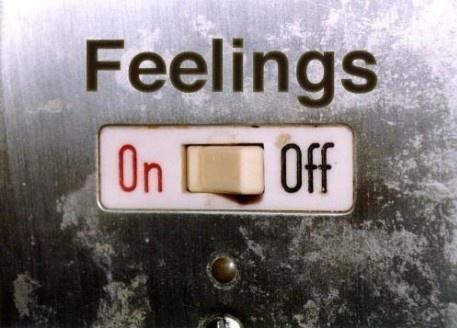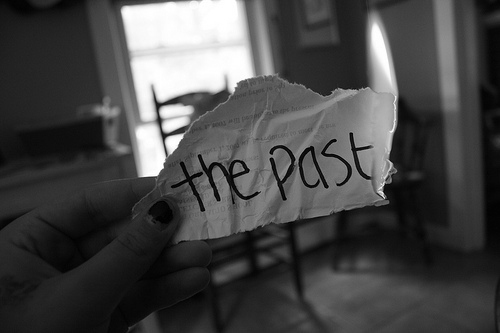Many of you have faced traumatic events in your lives, and many of you choose to either repress the trauma or express it without thinking about how healthy or unhealthy both of these responses are.
If you’re reading this article, chances are you’re a victim of these two strategies, so ask yourself:
Did I really benefit from repression or expression? What did I do to myself and my self-image? And most importantly, ask yourself why you think they’re the only two existing strategies in regard to our emotions. They’re not. And quite frankly, they’re not healthy, either.
Angelina got into a car accident days before her wedding and lost a leg. Her soon-to-be husband didn’t hear from her at first, and when he did, Angelina wouldn’t say much about her experience and how it affected her. She felt he didn’t need to know and that if he knew her thoughts, and feelings, it wouldn’t help their relationship in any way.
She decided to repress her dishonored emotions, unheard thoughts, and unrelieved torment. She decided to ignore her pains and sensations, and no matter how much she repressed her emotions, they stayed alive, and they created in her an abusive internal environment, which deterred the cultivation of honorable emotions. Angelia later learns that the unwanted emotions stayed alive because they were never addressed with consciousness and clarity, and that repression neither resolves the trauma nor heals it.
Mark lost his job after his company declared bankruptcy and his search for a new one proved unsuccessful. With bills to pay and a mortgage to cover, Mark decides that he can no longer deal with this situation, and he needs to let everyone know how he feels, so he vents his perturbed emotions onto his loved ones. He thinks that if he releases them, he will relieve himself.
Instead, he hurt everyone around him, and destroyed his own ego structure by making it impossible for him to be usefully conscious. Mark gained no power, peace or consciousness, he kept his trauma alive in himself and he passed his suffering onto others. Mark later learns that expression neither heals nor addresses pain, it worsens it.
Both Angelina and Mark tried to erase their emotions, but failed. If you continue to let these two responses be your way of dealing with your emotions, you will set yourself up for the same results.
If repression and expression DON’T benefit you, what DOES?
Don’t ignore your emotions. Don’t vent your emotions onto others. Instead, try to understand them; try to be more conscious of them, and of your thoughts, visions and sensations. And this can go a long way, benefiting both your health and your relationships by allowing you to be more connected with others.
Trauma is not the problem. It is a fact of life. The problem lies in not knowing how to be resilient, how to bring yourself back to center after a traumatic incident. Resilience comes from having a fully resourced psyche, which can only exist in an individual that tries to understand their emotions, and tries to channel their thoughts, emotions, sensations, or traumatic memories. To benefit yourself, you must understand what you feel, you must let those feelings move naturally within you; only then can you move forward.
Thus, how you deal with trauma is a precursor to how you deal with your emotions, and how you deal with your emotions determines how healthy or unhealthy your internal environment is, and how healthy or unhealthy your relationships will be. So it’s wise to be very conscious of your responses the next time you’re faced with unnerving emotions.




